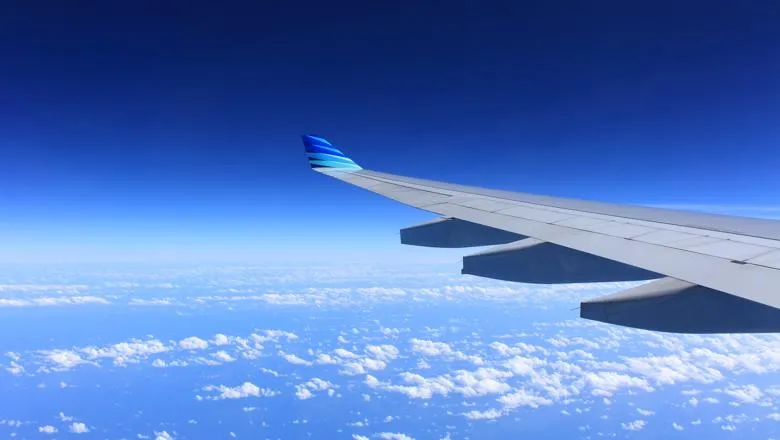Safety has become a paramount issue in today's world and even more so in the aftermath of the Coronavirus. Our research was undertaken outside of the context of a health crisis and still found that safety messaging increased the likelihood of tourists booking a trip. With this in mind, marketers , tourist boards and city governments should consider breaking from the norm of keeping safety messages out of their advertising.
Dr Fatima Wang, Lead investigator and Lecturer in Marketing at King’s Business School
01 June 2020
Include safety messages in holiday advertising to improve tourism after lockdown, new research finds
Hotels and resorts would benefit from including explicit safety messaging in their advertising as lockdown lifts and the tourism industry re-opens, new research finds

A new paper from King’s Business School has found that communicating safety in holiday-branding campaigns positively influences tourists’ intentions to visit. The researchers say that destinations, hotels and resorts would benefit from including explicit safety messaging in their advertising as lockdown lifts and the tourism industry re-open in many countries.
The paper, which has been published in Annals of Tourism Research, is the first to test safety messages in destination advertising and highlights the fact that whilst it is widely recognised that tourists prefer to visit safe destinations it is rare to see safety messages in promotional materials.
The research reveals that tourists who are risk-averse and also those who are confident in their own decision-making and travel planning were more likely to be influenced by safety messaging.
“Not everyone responds to overt safety messaging: travellers who do not care about risk are less influenced by it, for instance. But destinations once typically regarded as safe may wish to consider this approach in order to woo new clientele."
“Historically, targeting business travellers has been key to destinations winning back their reputations after a crisis, so safety messages reassuring business audiences within any of the new ‘travel bubbles’ promising quarantine-free travel may be a good place to start.”
The study used an experimental design with data collected in May 2018 from an online panel in the United States using print advertising Two online ads for a city destination were created for the experiment. The first ad showed "Dubrovnik" against a backdrop of the city. The second ad showed "Dubrovnik, the safe city" instead. One or the other ad appeared randomly for a few seconds to online respondents. Those who had visited the city before were screened out. A comparison of the responses showed a significantly stronger visit intention for the ad containing the safety messaging.

